World population reaches 8 billion but India seeing a marked slowdown - Check figures
The world on Tuesday (November 15, 2022) welcomed its 8th billion inhabitant, a remarkable milestone for humanity that is set to propel India to become the world's most populous country in 2023, surpassing China. As the population clock flashed 8,00,00,00,000 (800 crores), the United Nations (UN) described the global population reaching the mark as a "remarkable milestone" given that the human population numbered under one billion for millennia until around 1800, and that it took more than 100 years to grow from one to two billion. The world reached from seven billion to eight billion in 12 years.
"The growth of our population is a testament to humanity's achievements, including reductions in poverty and gender inequality, advancements in health care, and expanded access to education," the United Nations Population Fund (UNFPA) said.
)
By comparison, the increase of the world's population over the last century has been quite rapid and despite a gradual slowing in the pace of growth, the global population is projected to surpass nine billion around 2037 and 10 billion around 2058, according to UN estimates.
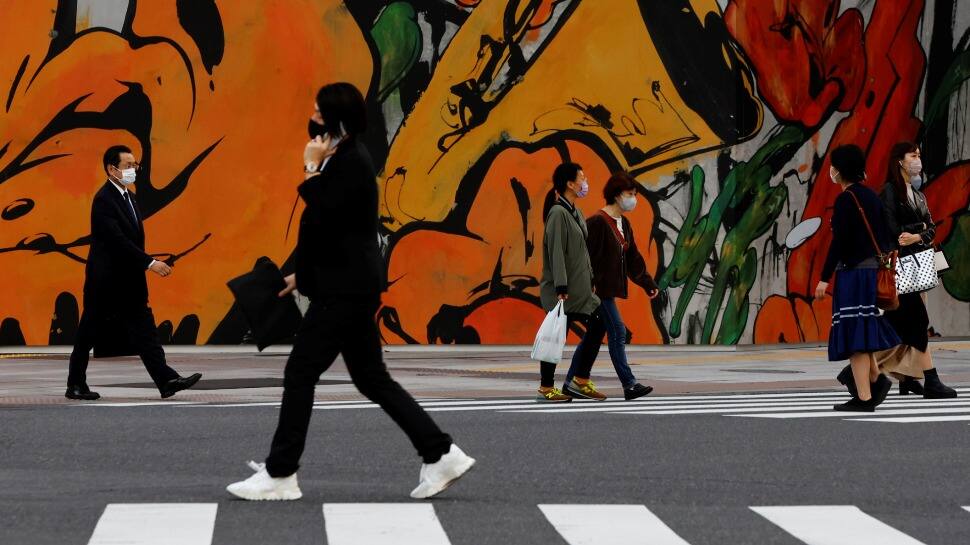
The world population is projected to reach a peak of around 10.4 billion people during the 2080s and to remain at that level until 2100, said the World Population Prospects 2022 released by the United Nations Department of Economic and Social Affairs, Population Division in July this year.
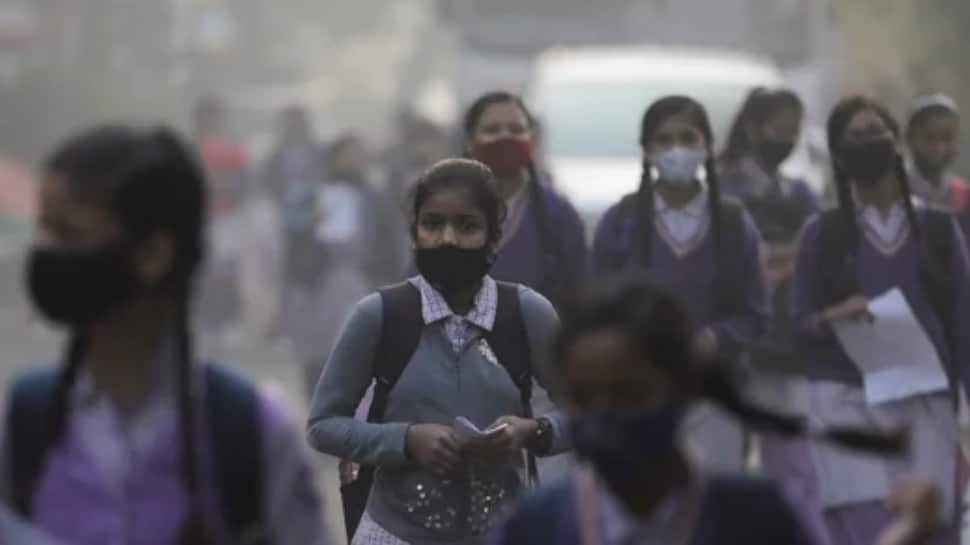
The year 2023 could well be a landmark year for India as it is projected to overtake China as the world's most populous country with prospects to reap the demographic dividend as the median age of an Indian this year was 28.7 years, compared to 38.4 for China and 48.6 for Japan against a global value of 30.3 years, according to official data.
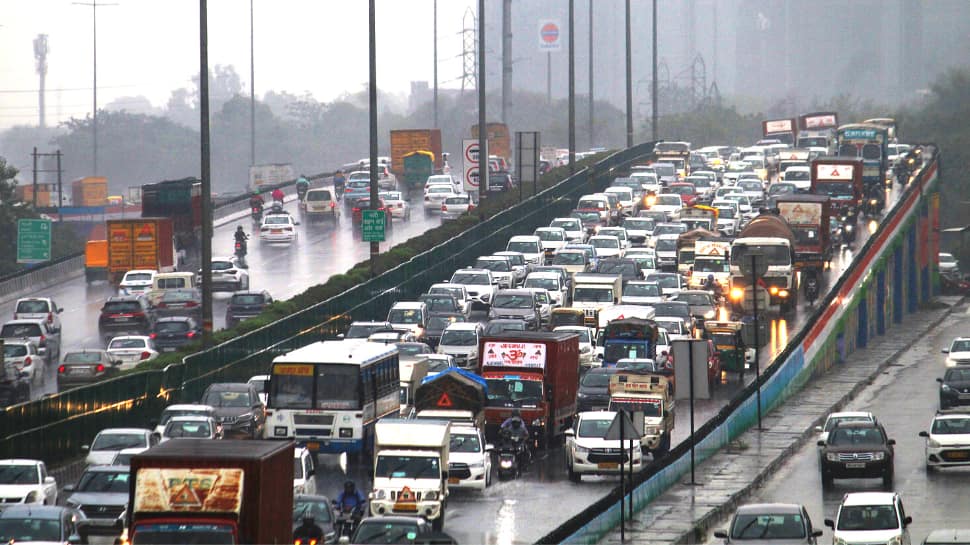
The population prospects report says that India's population stands at 1.412 billion in 2022, compared with China's 1.426 billion. India is projected to have a population of 1.668 billion in 2050, way ahead of China's 1.317 billion people by the middle of the century.
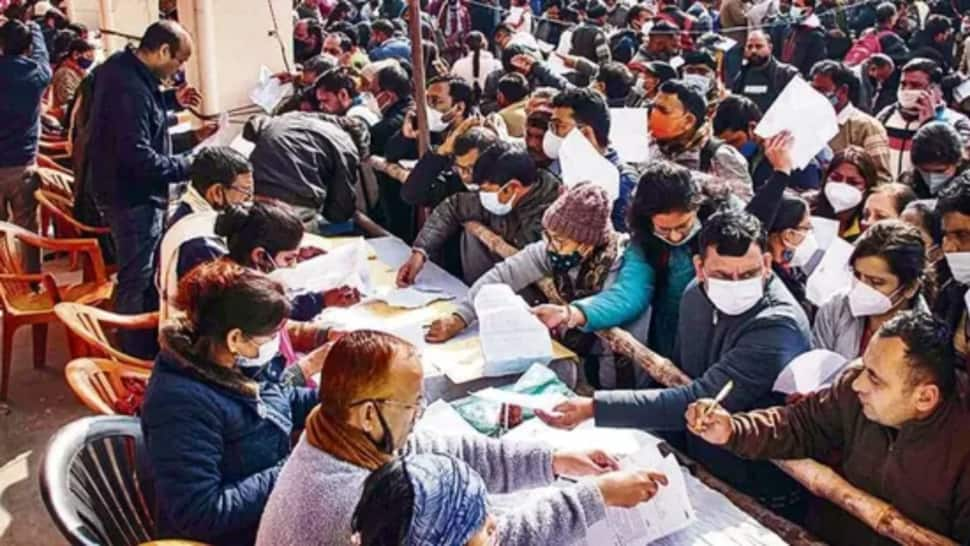
According to UNFPA estimates, around 68 per cent of India's population is between 15-64 years old in 2022, while people aged 65 and older were seven per cent of the population.
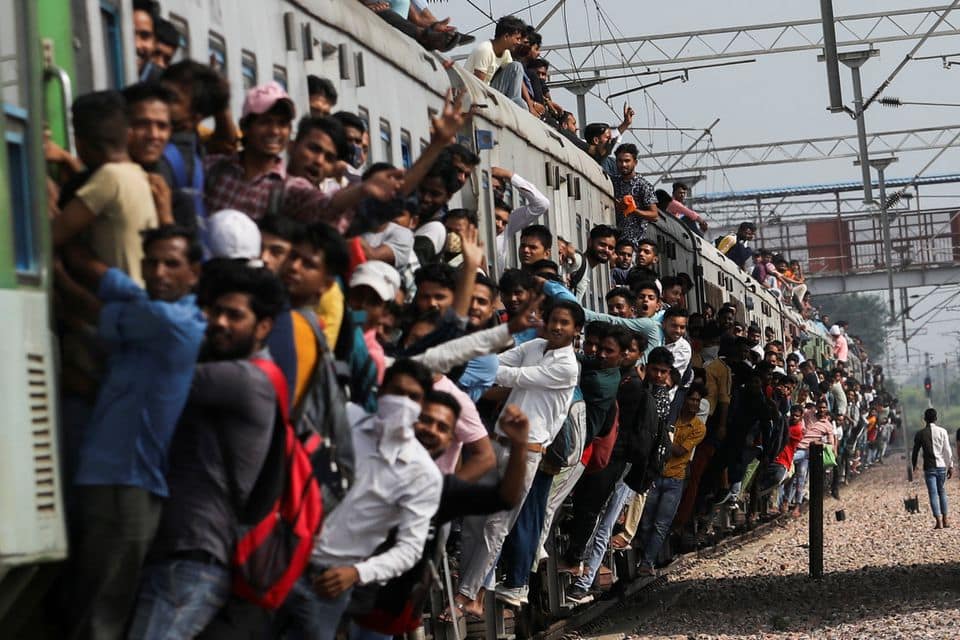
As per UN estimates, over 27 per cent of India's population is between the ages of 15-29 years. At 253 million, India is also home to the world's largest adolescent population (10-19 years).
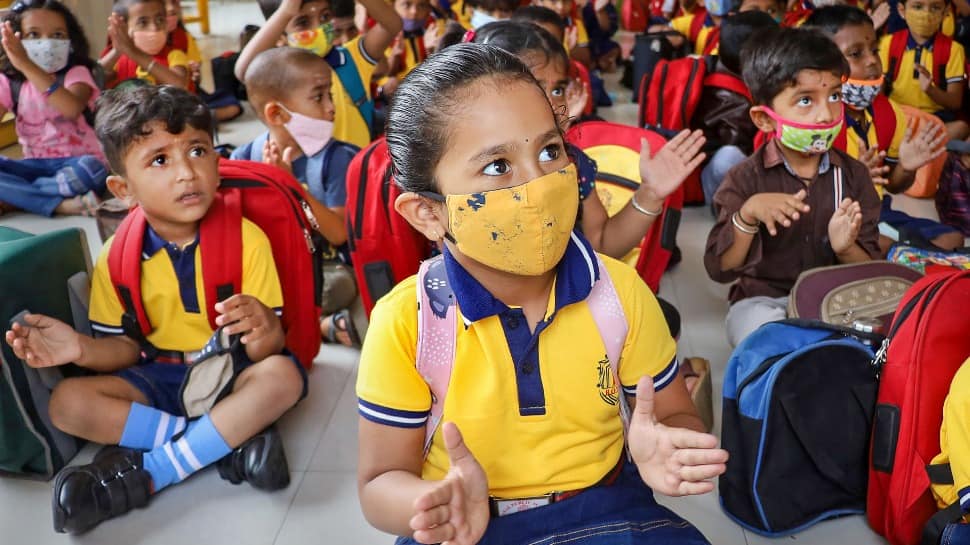
UNFPA has noted that India has its largest ever adolescent and youth population.
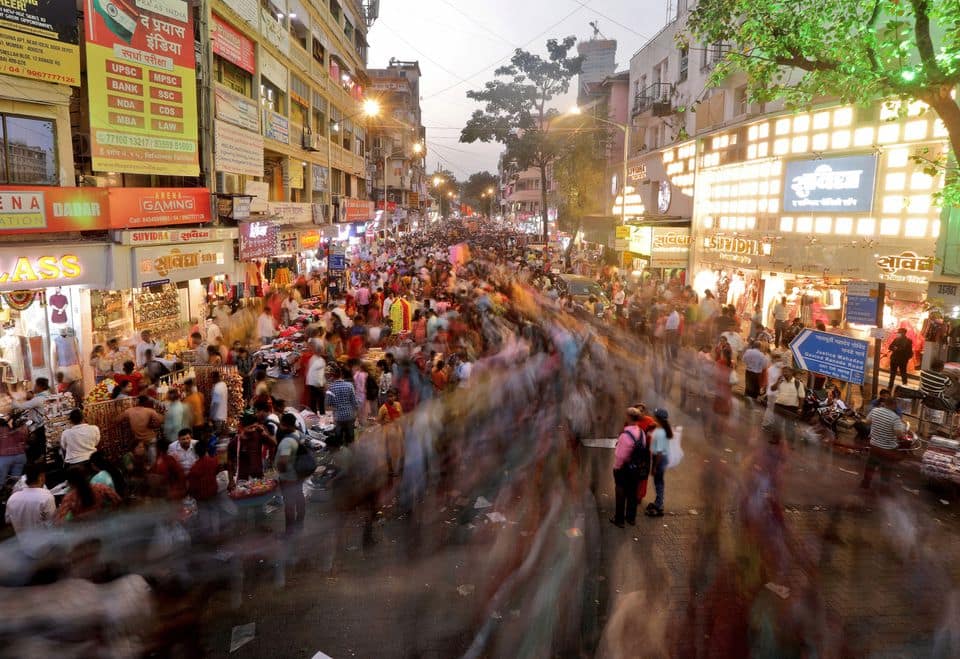
According to UNFPA projections, India will continue to have one of the youngest populations in the world till 2030 and India is experiencing a demographic window of opportunity, a 'youth bulge' that will last till 2025.

India, formerly a powerful driver of the number of people on the planet, however, is experiencing a marked slowdown.
India's annual population growth has averaged 1.2% since 2011, compared with 1.7% in the 10 years previously, government figures show.
Further slowing can be expected. India's total fertility rate (TFR) - children per woman - fell to 2 in the latest assessment period, for 2019-2021, from 3.4 in 1992-93, according to a government report issued last month. It is estimated that the average must be 2.1 for the population to reproduce itself.
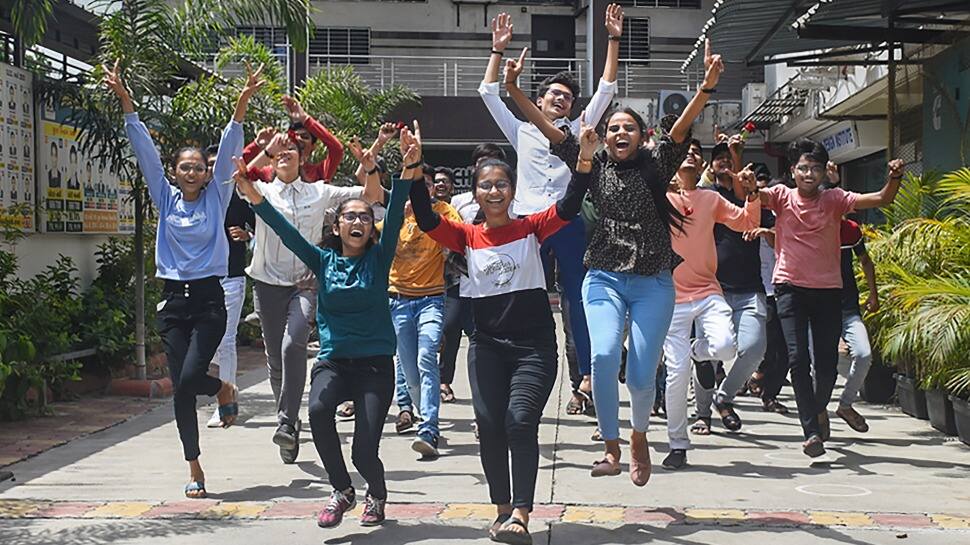
Increasing use of contraceptives and rising education among girls could have contributed to the decline in fertility rates, the government says.
The use of family-planning methods jumped to 66.7% in 2019-21 from 53.5% in 2015-16. That indicated that India's national population policies and health systems were working, the UNFPA told the news agency Reuters.

